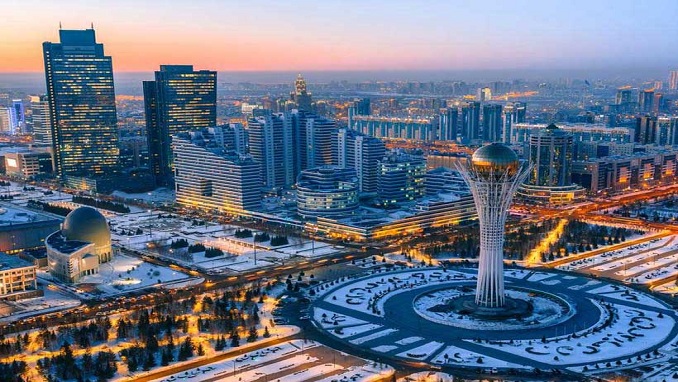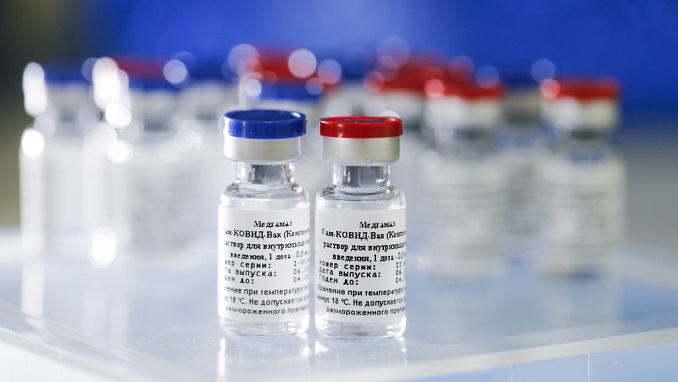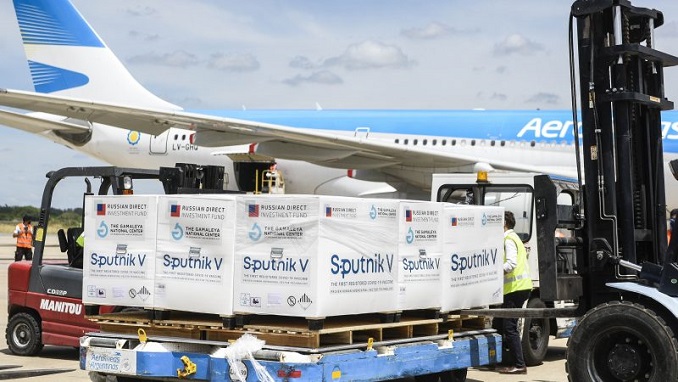The press office of the Ministry of Foreign Affairs reported that Roman Vassilenko, the Deputy Minister of Foreign Affairs, recently met with senior representatives of the European Union institutions in Brussels. These meetings aimed to discuss relevant issues related to bilateral cooperation and the international agenda and ensure alignment among all parties involved, Kazinform reports.
During his visit, Vassilenko held discussions with Camilo Villarino, the Head of the Cabinet of the EU High Representative for Foreign Affairs and Security Policy, Luc Devigne, the Deputy Managing Director of the European External Action Service, and Magdalena Grono, the Senior Foreign Policy Advisor to the European Council President. The main topic of these meetings was the implementation of agreements resulting from European Council President Charles Michel’s visit to Astana and the discussions between Kazakhstan’s President Kassym-Jomart Tokayev and European Commission President Ursula von der Leyen in the fall of 2022.
During his meetings in Brussels, Deputy Minister of Foreign Affairs Roman Vassilenko highlighted the importance of the 30th anniversary of diplomatic relations between Kazakhstan and the European Union. Vassilenko emphasized the significance of the active development of political dialogue at the highest level, economic, trade, and investment cooperation, and constructive engagement on human rights issues as critical factors in the valuable nature of their collaboration.
“Throughout the years of Kazakhstan’s independence, we have considered our relations with Europe as one of the key components of a multi-vector, pragmatic, balanced foreign policy of the country. It is no coincidence that further development of cooperation with the European Union and the European countries is defined as one of the most important priorities in the Concept of Foreign Policy of the Republic of Kazakhstan for 2020-2030 adopted by the Decree of the President of the Republic of Kazakhstan Kassym-Jomart Tokayev dated March 2020,” said Vassilenko.
The discussions mainly centered on the next steps towards effectively and fully implementing the Enhanced Partnership and Co-operation Agreement (EPCA) between Kazakhstan and the European Union. The agreement covers 29 specific areas of interaction and preparations for upcoming events in both bilateral and multilateral formats. The meetings specifically focused on organizing the 20th-anniversary meeting of the Kazakhstan – EU Cooperation Council, the Kazakhstan – EU Cooperation Committees in political and trade configurations, and the second Central Asia – European Union Economic Forum.
During the meeting, the Kazakh diplomat updated his colleagues on the advancement of President Tokayev’s comprehensive political and socio-economic reforms, which aim to establish a “Just and Fair Kazakhstan.” The diplomat also highlighted the country’s readiness for the upcoming early elections to the Mazhilis and the Maslikhats, set for 19 March 2023.
“Nearly 400 observers from the OSCE will arrive in Kazakhstan to monitor the upcoming parliamentary election. It will be the largest international observation mission. This demonstrates the high interest and support of the international community for the large-scale reforms in our country initiated and implemented by President Tokayev with the aim to build a Just and Fair Kazakhstan,” Vassilenko noted.
The attendees engaged in a meaningful discussion on pertinent global matters, such as the Ukraine conflict, and emphasized the importance of minimizing the adverse effects of sanctions on the Kazakh economy.
The European representatives acknowledged the active bilateral and multilateral agendas and conveyed their eagerness to enhance collaboration with Kazakhstan while implementing the provisions of the EPCA. Villarino stated that the effective partnership between the EU and Kazakhstan has gained greater significance in recent times.
Both parties agreed to sustain the constructive political dialogue to bolster cooperation despite the persistent global instability.



